Consider this lengthy essay an exposé of a kind of Unified Field Theory of Academia-Media Corruption. It’s not so much that Patrick T. Brown reveals any new angles, but at the Free Press, the climate scientist connects many of the dots — and from the inside, at least at the time.
Feeding the narrative? Check. Editorial bias? Check. Top-down political influence on science? Double check. Bloated Academia competing too hard for too few dollars and openings? Check, at least to a degree.
Ironically, that makes the Academia-Media nexus the least interesting part of Brown’s essay, but it’s still plenty interesting — and important, too:
The paper I just published—“Climate warming increases extreme daily wildfire growth risk in California”—focuses exclusively on how climate change has affected extreme wildfire behavior. I knew not to try to quantify key aspects other than climate change in my research because it would dilute the story that prestigious journals like Nature and its rival, Science, want to tell.
This matters because it is critically important for scientists to be published in high-profile journals; in many ways, they are the gatekeepers for career success in academia. And the editors of these journals have made it abundantly clear, both by what they publish and what they reject, that they want climate papers that support certain preapproved narratives—even when those narratives come at the expense of broader knowledge for society.
To put it bluntly, climate science has become less about understanding the complexities of the world and more about serving as a kind of Cassandra, urgently warning the public about the dangers of climate change. However understandable this instinct may be, it distorts a great deal of climate science research, misinforms the public, and most importantly, makes practical solutions more difficult to achieve.
Brown still stands behind that paper, although he has since left his job in Academia for a non-profit where he can speak and act more freely. In the narrow confines of his paper, limited to only climate change, he writes that his paper remains accurate and useful. But because the media and Academia establishments are now limiting all discussion of practically any natural phenomena to “climate change,” much of the causes of wildfires remains undiscussed — and so, therefore, do any practical policies that would mitigate them.
That is no accident, Brown argues, and it is very well known in scientific circles:
The first thing the astute climate researcher knows is that his or her work should support the mainstream narrative—namely, that the effects of climate change are both pervasive and catastrophic and that the primary way to deal with them is not by employing practical adaptation measures like stronger, more resilient infrastructure, better zoning and building codes, more air conditioning—or in the case of wildfires, better forest management or undergrounding power lines—but through policies like the Inflation Reduction Act, aimed at reducing greenhouse gas emissions.
Most of us probably read this and say No s***, Sherlock, but this goes well beyond our usual experience in editorial bias. Brown goes into valuable detail and outlines the full scope of the problem, which ties into the glut of PhDs and impact of that competition in both publication and employment in Academia. One notable point: With six times as many doctorates being produced than 50 years ago, the pressure is much greater now for unemployed PhDs to suck up to both the media and academic establishments to have even a hope of gainful employment after graduation. Even if the overall point doesn’t surprise us, Brown delivers a lot of value in explaining the process as well as the ramifications of each step.
And as interesting as that is, especially in terms of confirmation of criticisms of both media and Academia, Brown has more intriguing data to share that never made it into Nature. He emphasizes that he believes climate change is real and that it has impacts on phenomena like wildfires, but it’s not the only impact. In fact, it’s not even the most crucial element. For instance, Brown points out that over 80% of wildfires are started by humans rather than natural ignition, and that poor forest management and a refusal to put power wires underground in high-risk areas accounts for most of the rest of the issues in wildfires. Simply addressing these areas would eliminate most of the wildfires up front, even with climate change impacts being left unabated.
But even that isn’t the most valuable data in Brown’s essay. This is:
This type of framing, with the influence of climate change unrealistically considered in isolation, is the norm for high-profile research papers. For example, in another recent influential Nature paper, scientists calculated that the two largest climate change impacts on society are deaths related to extreme heat and damage to agriculture. However, the authors never mention that climate change is not the dominant driver for either one of these impacts: heat-related deaths have been declining, and crop yields have been increasing for decades despite climate change. To acknowledge this would imply that the world has succeeded in some areas despite climate change—which, the thinking goes, would undermine the motivation for emissions reductions.
And so is this:
[I]t is standard practice to assess impacts on society using the amount of climate change since the industrial revolution, but to ignore technological and societal changes over that time. This makes little sense from a practical standpoint since societal changes in population distribution, infrastructure, behavior, disaster preparedness, etc., have had far more influence on our sensitivity to weather extremes than climate change has since the 1800s. This can be seen, for example, in the precipitous decline in deaths from weather and climate disasters over the last century. Similarly, it is standard practice to calculate impacts for scary hypothetical future warming scenarios that strain credibility while ignoring potential changes in technology and resilience that would lessen the impact. Those scenarios always make for good headlines.
How much have we heard about any of these aspects of the climate-change debate? We certainly don’t hear about increasing crop yields, although that would be precisely what one might expect from slightly increased CO2 in the atmosphere and longer growing seasons. No one discusses declining heat deaths either, nor the fact that deaths from cold weather are a much greater statistical threat to humans than heat.
As Brown points out, the establishments in media, Academia, and politics work hard to quash mentions of those issues and outcomes. They want to sell hysteria as a means to grab power. To allow those discussions at high-profile publications would require scientists and policymakers to put aside Chicken Littleism and deal in practical solutions and innovation rather than the neo-paganism that has gripped elite circles. Instead, they want to demand sacrifices to Mother Gaia for our industrial sins and punish the heretics and apostates.
Kudos to Brown for speaking out and taking a real risk for being branded both the rest of his career. Will policymakers pay attention and bring the hysterics to heel?
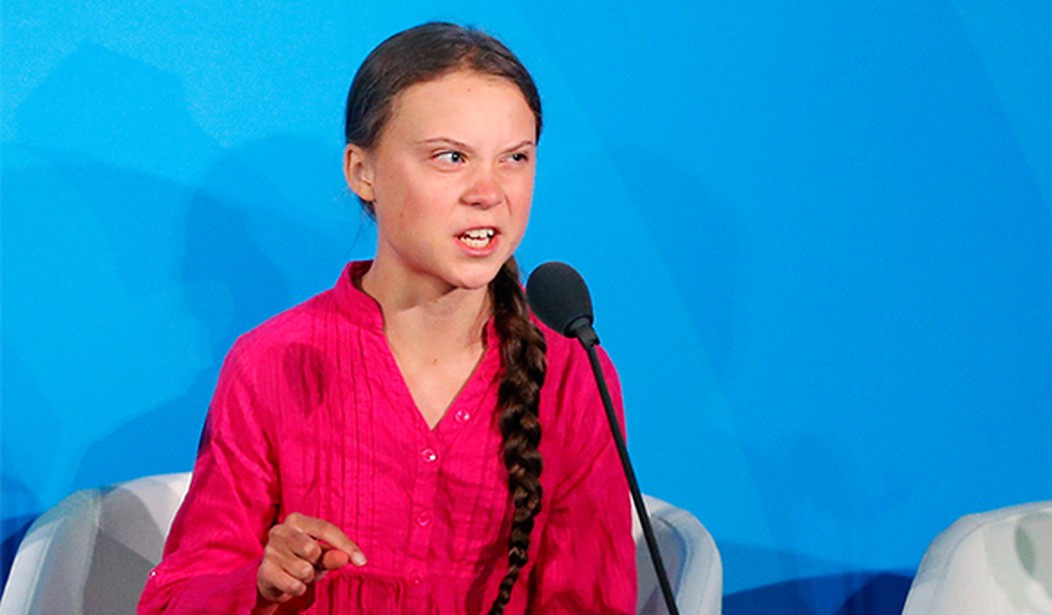

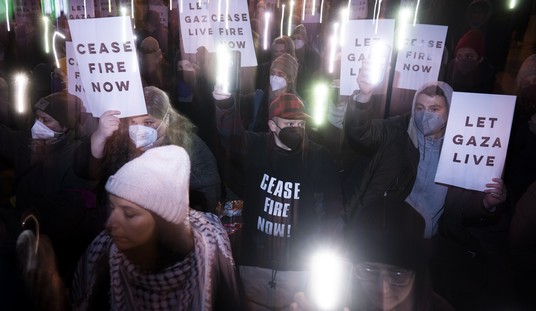
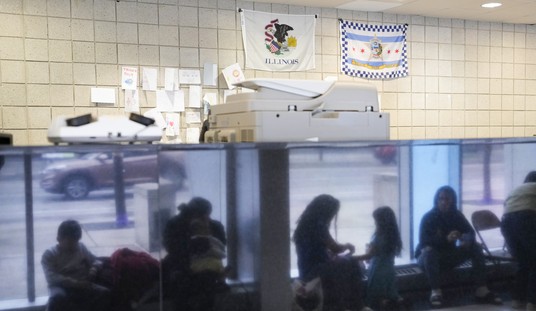



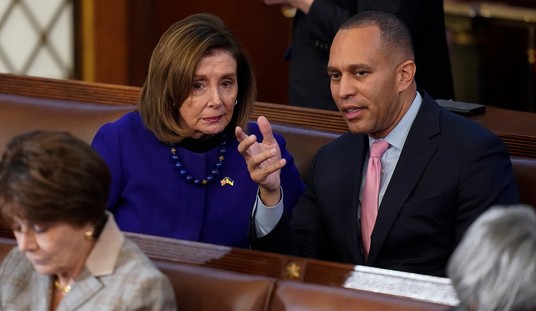
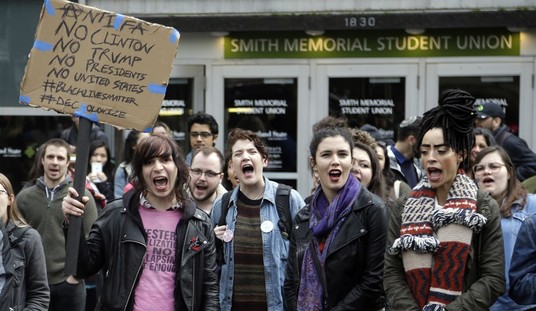
Join the conversation as a VIP Member